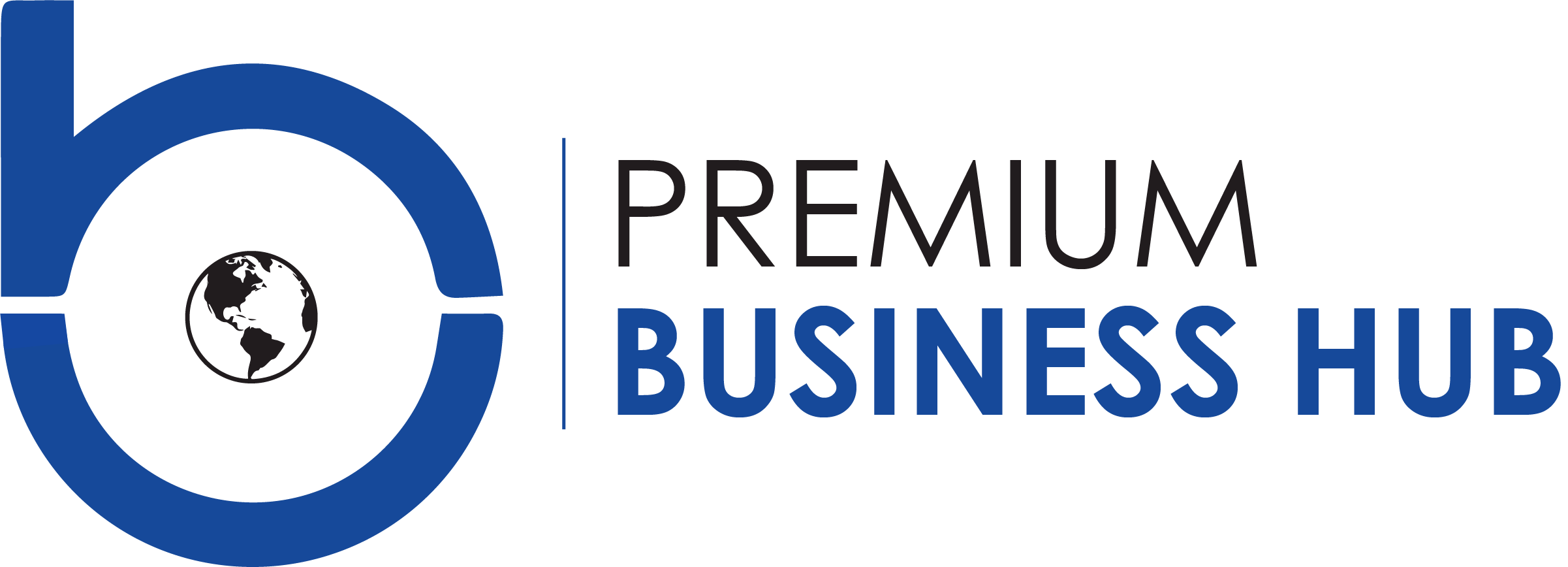Securing a Mortgage as a Self-Employed Individual: Overcoming the Challenges

Introduction: The Challenges of Homeownership for the Self-Employed
For self-employed individuals, the path to homeownership can feel like navigating an uphill battle. Traditional mortgage lenders often rely on a steady W-2 income to evaluate borrowers, which puts self-employed people at a disadvantage. Unlike salaried employees, who have predictable paychecks, self-employed individuals may experience fluctuating income streams. This variability, combined with the need for extensive documentation, makes the mortgage process more challenging. However, with proper planning and strategy, it’s entirely possible to secure a mortgage and enjoy the rewards of homeownership.
Why It’s Harder for the Self-Employed to Get a Mortgage
One of the biggest challenges self-employed borrowers face is the perceived instability of their income. Lenders are primarily concerned with ensuring that the borrower can consistently meet mortgage payments. For salaried workers, this assessment is straightforward, as their income remains relatively consistent year over year. However, self-employed individuals often experience varying cash flow, depending on market trends, client demands, or seasonal factors.
Additionally, self-employed individuals face more scrutiny because lenders are typically risk-averse when it comes to inconsistent income. They require proof of sustained earnings, which can be difficult for business owners, freelancers, or contractors whose incomes fluctuate. While these borrowers may earn a substantial amount over a year, their income can appear irregular when assessed on a month-to-month basis.
On top of that, tax deductions can also complicate the process. Many self-employed individuals maximize their tax deductions to lower taxable income, but this can backfire during the mortgage approval process. A lower reported income may hinder your ability to qualify for a traditional mortgage, even if your business is thriving.
Steps to Securing a Mortgage as a Self-Employed Borrower
The road to homeownership as a self-employed individual starts with preparation. The key is to build a strong financial profile that gives lenders confidence in your ability to repay the loan. Here are some steps that can make the process smoother:
Prepare Thorough Documentation: Lenders will require at least two years of tax returns, profit and loss statements, and potentially business bank statements. You should be prepared to provide detailed financial records that demonstrate your earnings and business stability. The more organized and comprehensive your documentation, the better chance you have of securing a favorable loan. Some lenders may even request a letter from your accountant to further verify your income.
Improve Your Credit Score: A strong credit score can offset some concerns lenders may have about fluctuating income. Aim to maintain or improve your credit score by paying bills on time, keeping credit card balances low, and addressing any errors on your credit report. Lenders tend to favor borrowers with high credit scores, as it suggests they have a history of responsibly managing debt, even with variable income.
Show Consistent Income Streams: While you may not have a steady paycheck, you can still show lenders that your business is consistently generating revenue. You can do this by providing contracts, client agreements, or evidence of long-term engagements. This helps prove that your income is stable enough to make timely mortgage payments, even if it isn’t the same amount every month. Diversifying your client base can also be beneficial in showing a strong financial foundation.
Minimize Tax Deductions: Although deductions lower your taxable income, they can also make it harder to qualify for a mortgage. Consider striking a balance between maximizing deductions and maintaining a reasonable reported income. Consult with a financial advisor or accountant to find a strategy that won’t hinder your mortgage application.
Read also: Benefits of a Doctor Loan: Why It’s a Smart Choice for Physicians
Consider Non-Traditional Loan Options
If traditional mortgage options seem difficult to secure, don’t be discouraged. There are alternative loan options tailored to self-employed borrowers:
Bank Statement Loans: These loans allow you to qualify based on your bank deposits rather than tax returns. This option is ideal for self-employed individuals who have significant deposits but may not show a high net income due to deductions. Lenders will evaluate your income based on your recent bank statements (usually 12 to 24 months), giving a more accurate picture of your earnings.
Stated Income Loans: Though less common today, some lenders offer stated income loans, where the borrower provides an estimate of their income without requiring the extensive documentation that traditional loans demand. However, these loans often come with higher interest rates and larger down payment requirements. While riskier, they may be suitable for individuals with strong credit and substantial business income.
Asset-Based Loans: In some cases, lenders may allow you to qualify based on the assets you have in the bank, such as retirement accounts or investments. This type of loan can be advantageous for high-net-worth individuals who may not have consistent income but can demonstrate their ability to cover mortgage payments through liquid assets.
How to Strengthen Your Mortgage Application
There are several ways to improve your mortgage application and make yourself more attractive to lenders, even if you’re self-employed:
Pay Down Debts: Reducing your debt-to-income ratio will make you more appealing to lenders. This ratio compares your monthly debt payments to your income, and the lower it is, the better. By paying off outstanding debts, you can improve this ratio and demonstrate your financial responsibility.
Increase Your Down Payment: If you have the means, a larger down payment can mitigate some of the risk for lenders. A down payment of 20% or more not only reduces your loan amount but also reassures lenders that you have a vested interest in the property and the ability to make the mortgage payments.
Work with a Mortgage Broker: Navigating the mortgage landscape can be difficult, especially as a self-employed borrower. Consider working with a mortgage broker who specializes in helping self-employed individuals. Brokers have access to a wide network of lenders and can help you find loan products that fit your unique financial situation.
Boost Business Stability: If possible, take steps to demonstrate the long-term stability of your business. This might include signing long-term contracts with clients, expanding your client base, or securing recurring revenue streams. The more stable your business looks, the less risky you will appear to lenders.
Conclusion: Homeownership Is Possible for the Self-Employed
While the process may be more complex for self-employed individuals, securing a mortgage is far from impossible. By taking proactive steps like improving your credit score, preparing thorough documentation, and exploring alternative loan options, you can significantly increase your chances of qualifying for a mortgage. It’s essential to stay organized, work with professionals like mortgage brokers or financial advisors, and be prepared for the added scrutiny lenders may apply. With the right strategy in place, homeownership is within reach, and the challenges of securing a mortgage as a self-employed individual can be overcome.




